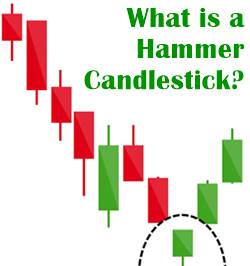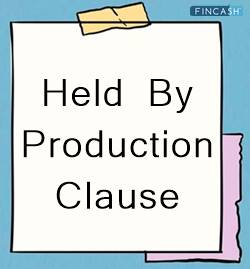
Table of Contents
Hammer Clause
What is a Hammer Clause?
This one is an insurance policy clause that enables you to compel the insured to settle down a claim.

Also known as consent to settlement provision, settlement cap provision or a blackmail clause, it gets the name from the Obligation provided to the insurer to compel the insured to settle, just like the way a hammer is used against the nail.
How does it Work?
As mentioned above, the hammer clause enables an insurer to compel an insured to settle claims. This happens by putting a cap on the indemnification amount that it has agreed to offer. This cap could be set, for instance, at the amount that insurer considers worthwhile.
In case the insured refuses to get settled, it would have to take responsibility for its defence expenditure. Basically, Insurance companies underwrite their policyholders from the outlined risks mentioned in the policy that they bought.
If they make a claim, the insurer will be responsible for settling down the losses. In certain scenarios, the insured party and the insurance company may have different opinions on the value of the settlement.
The insurer may want to restrict the costs that it will incur during the process of settlement, including the claims adjuster fees and the legal fees, which can substantially grow with delays in the claims process.
However, the insured party could be interested in decreasing the amount that it owes in the settlement. And, considering that it doesn’t incur the legal fee, it will have less incentive to finalize the settlement in case the party is not satisfied with the final amount.
Talk to our investment specialist
Hammer Clause Example
Let’s consider this hammer clause example here. Suppose a manufacturer got sued for injuries that his consumer had to go through after using the products. The liability policy of the manufacturer will need the insurer to defend him in the court.
Now, the insurer may identify that shielding the insured could be a long process and that the consumer lawsuit could be finalized promptly by providing a settlement. However, the manufacturer doesn’t want this settlement as it may cost him money from his own pocket.
In this situation, the hammer clause will enable the insurer to force the manufacturer to settle down the claim.
All efforts have been made to ensure the information provided here is accurate. However, no guarantees are made regarding correctness of data. Please verify with scheme information document before making any investment.











